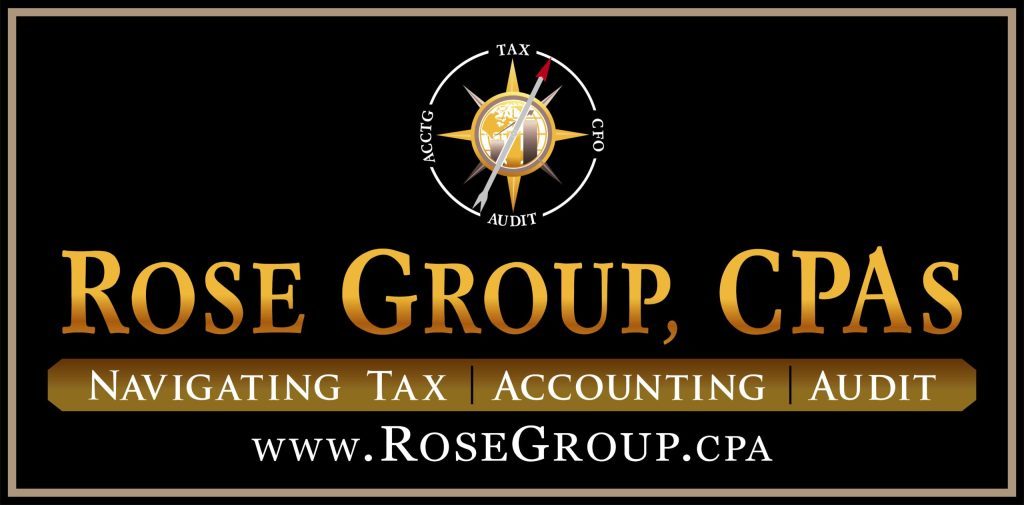In the ever-evolving realm of business regulations, the Corporate Transparency Act (CTA) has emerged as a pivotal player, ushering in new reporting standards for U.S. businesses. With a focus on beneficial ownership, the CTA demands attention and action from companies, including clients of Rose Group CPAs. As we delve into the intricacies of this legislation, let’s explore key aspects, compliance measures, and the path forward.
Understanding BOI, the CTA and FinCEN: The Corporate Transparency Act (CTA), nestled within the National Defense Authorization Act for Fiscal Year 2021, seeks to combat nefarious financial activities like money laundering and terrorism financing. At its core lies a mandate for corporations, limited liability companies (LLCs), and akin entities to disclose their beneficial owners to the Financial Crimes Enforcement Network (FinCEN). This bureau, operating under the U.S. Department of the Treasury, mitigates financial crimes by collecting, analyzing, and disseminating financial intelligence. At the heart of the CTA lies a mission to combat illicit activities like money laundering, tax fraud, and terrorism financing. It aims to achieve this by amplifying transparency within company ownership structures.
Key Players: Who Needs to Report?: Entities fall into two categories: domestic reporting companies, formed within the U.S., and foreign reporting companies, established under foreign laws but operating in the U.S. The mandate is clear: corporations, limited liability companies (LLCs), and similar entities must report their beneficial owners to the Financial Crimes Enforcement Network (FinCEN).However, certain exemptions exist, sparing entities like publicly traded companies, banks, and regulated utilities from the reporting mandate.
Unveiling Beneficial Ownership: Central to the CTA is the notion of beneficial ownership, encompassing individuals wielding substantial control over a company or holding at least 25% ownership. Reporting entails divulging details like full names, dates of birth, addresses, and unique identification numbers of these beneficial owners, updated within 30 days of any changes.
Compliance: A Balancing Act: Non-compliance with the CTA carries hefty penalties, emphasizing the importance of adherence. For existing businesses, the initial beneficial ownership reports must be filed by January 1, 2025, with tighter deadlines for new businesses. These mandates underscore the urgency for businesses to understand and fulfill their obligations under the CTA.
Filing Made Easy: Businesses mandated to report must navigate the filing process through FinCEN’s secure online platform. Since reporting commenced on January 1, 2024, timely and accurate submissions are imperative for compliance.
Navigating the Path Forward: As businesses adapt to the CTA, staying informed and proactive is paramount. Leveraging resources like FinCEN’s Small Entity Compliance Guide and seeking professional guidance can streamline compliance efforts and ensure adherence to this new regulatory framework.
The Corporate Transparency Act represents a significant milestone in U.S. corporate law, shaping the landscape of business regulation. For businesses compliance with the CTA demands attention to detail, timely action, and a commitment to transparency. By embracing these principles and navigating the regulatory maze with diligence, businesses can safeguard their operations and contribute to a more transparent financial ecosystem. Contact Rose Group CPAs for additional resources to help navigate this new requirement.
